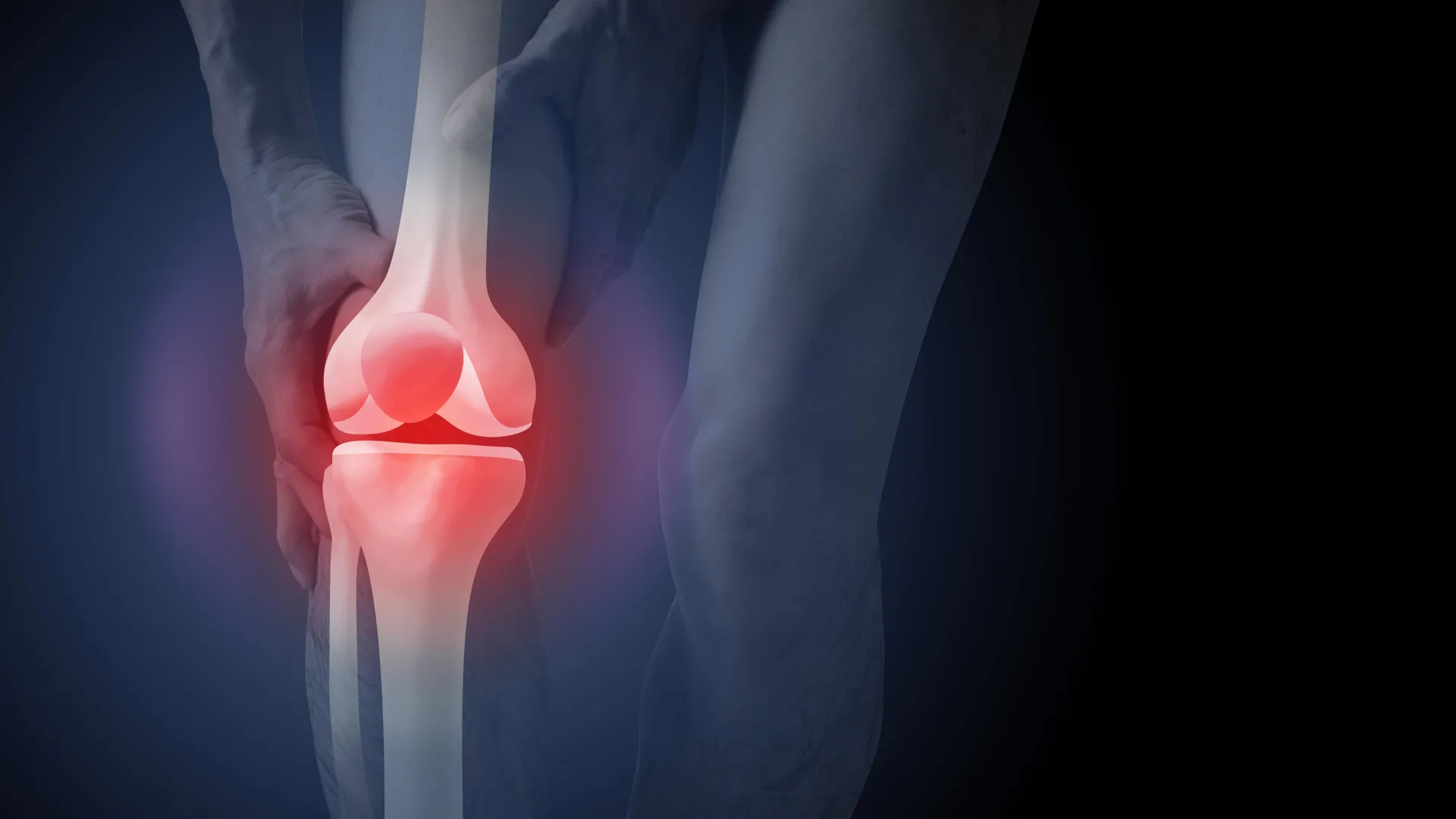Now Reading: How X-Rays May Influence Arthritis Patients’ Decision for Surgery
-
01
How X-Rays May Influence Arthritis Patients’ Decision for Surgery
How X-Rays May Influence Arthritis Patients’ Decision for Surgery

### Quick Summary
– Routine x-rays are not recommended for diagnosing knee osteoarthritis; diagnosis can be based on symptoms and medical history.
– in Australia, nearly half of new osteoarthritis patients are referred for imaging, costing the health system A$104.7 million annually.
– Research shows x-rays may influence patients’ perceptions,increasing anxiety and perceived need for surgery while discouraging physical activity.- Hospital services related too osteoarthritis cost $3.7 billion in 2020-21, with over 53,000 knee replacement surgeries performed in 2021-22. surgery is advised only in severe cases after exhausting non-surgical options like exercise or weight management.
– Structural joint changes visible on x-rays do not always correlate with pain intensity or disability levels; a clinical diagnosis based on age (45+ years) and specific symptoms is recommended instead of routine imaging.
– Reducing unnecessary x-rays could lower healthcare costs and patient stress while encouraging effective non-surgical treatments.
### Indian Opinion Analysis
The findings have significant implications for healthcare systems globally, including India where affordability and accessibility dictate health decisions. Promoting clinical diagnoses over routine imaging could reduce financial burdens both at the individual level and across public healthcare infrastructure-funds better spent on preventive measures such as physiotherapy programs addressing obesity-related risks or aging populations prone to joint issues.
India’s burgeoning population faces challenges similar to Australia’s regarding educating patients against misconceptions surrounding osteoarthritis treatment (“wear-and-tear” belief) which might prioritize invasive interventions unnecessarily over low-cost management approaches like exercise regimes supported by primary care physicians.Avoiding excessive reliance on diagnostics (e.g., unnecessary x-rays) requires clear guidelines enforced through professional training initiatives akin to those proposed internationally.
While joint replacement surgery is valuable when warranted, evidence-based practices often yield broader benefits through proactive prevention accessibility than reactionary escalation pathways via procedures adding strain strained tertiary hospital sector currently grappling already systemic inefficiencies capacity care demands India contemplates pathways forward ensuring minimalized barriers equitable work parsimoniously solutions mirroring precisely advisable transitions global exemplary models regulatory enforcements holistic future structuring
Read More
























